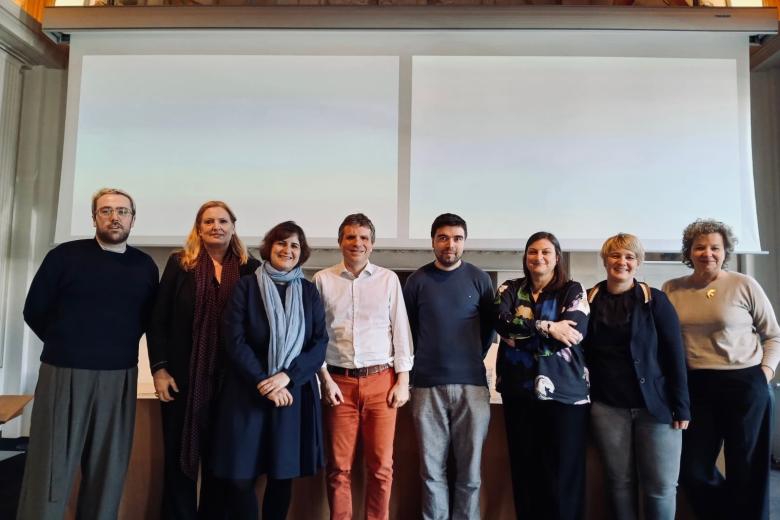Universal Rights, Local Realities: Freedom of Expression in Asian States’ Discourse and Practice
Written by: Shuyuan Zhang
Supervisors: Dr. Fabián Raimondo and Dr. Gustavo Arosemena Solorzano
Keywords: Freedom of expression, Asian values, Universality of human rights
This thesis explores one of the most fundamental yet contested questions in international law: the universality of human rights. While human rights are often described as universal and inalienable, contemporary realities tell a more complex story. Across the world, governments restrict rights in the name of national security, economic interests, or cultural values, raising doubts about whether universality is still meaningful.
This research examines the long-standing debate between universality and particularism through the lens of freedom of expression, a right increasingly under pressure worldwide. It takes the so-called “Asian values” debate of the 1990s as a starting point, when several Asian governments argued that human rights must be adapted to local cultures and contexts. Through comparative case studies of Singapore, Malaysia, India, and the Philippines, the thesis analyses both state discourse and actual implementation—what governments say on the one hand, and what they do on the other. This dual approach reveals how freedom of expression is framed, restricted, or protected, and what this means for the continuing struggle to define universality in human rights today.
Also read
-
Teacher Information Points at UM
UM faculties now host Teacher Information Points (TIPs) that offer local, “just-in-time” and on-demand support for teaching staff. The aim is simple: to provide help that is closely connected to day-to-day teaching practice.

-
Globalisation & Law Network seminar with Damian Chalmers
On 4 November 2025, the Globalisation & Law Network had the honour of welcoming Prof. Damian Chalmers to discuss his paper “The EU’s Governing by Legal Shadows”.

-
Ambassador Ammar Hijazi on Palestine and International Law
Ambassador Lecture Series with Ammar Hijazi, Head of the Palestinian Mission to the Kingdom of the Netherlands.
